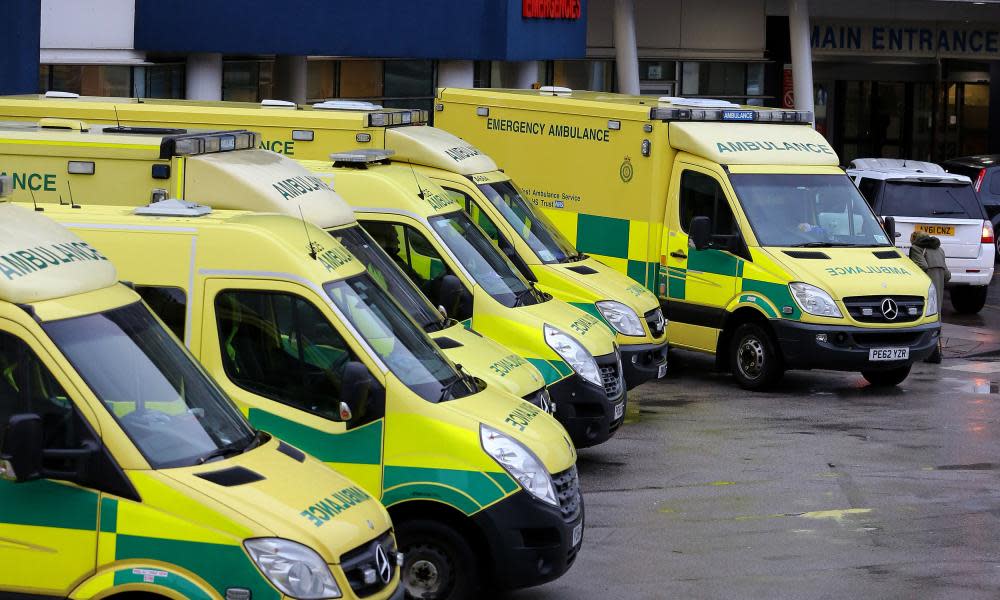Medic becomes third person infected with monkeypox in England

A medical worker has become the third person diagnosed with monkeypox in England, less than a month after the infection first appeared in the country.
The person had cared for a patient at Blackpool Victoria hospital who was subsequently diagnosed with monkeypox, according to Public Health England (PHE). It is thought to be the first case of the virus spreading within the UK.
All three infected patients are being treated in isolation units in different regions.
It is thought the virus passed to the latest patient from an individual who contracted it after travelling to Nigeria, where an outbreak began 12 months ago.
That patient – the second recorded case in the UK – was diagnosed days after a resident of Nigeria staying at a naval base in Cornwall presented with symptoms. PHE said there was no UK link between the first two patients.
The first patient is being treated at the Royal Free hospital in London, the second is at the Royal Liverpool University hospital, and the latest is at the Royal Victoria Infirmary in Newcastle.
Monkeypox is caused by a virus that enters the body through broken skin, the respiratory tract or mucous membranes of the eyes, nose, or mouth.
Initial symptoms include fever, headache, aching muscles, backache, swollen lymph nodes, chills and exhaustion before a rash develops, usually beginning on the face and spreading to other parts of the body. The rash goes through different stages before finally forming a scab that later falls off.
Most people recover within several weeks and suffer no long-term effects, according to PHE.
The first case of monkeypox outside of Africa was recorded in 2003. The virus, which comes from the same family as smallpox and cowpox, was first identified in a captive monkey about four decades ago and has subsequently been found in a range of animals in central and west Africa, particularly rodents.
People living in rural areas of west Africa are regularly exposed to the virus and infections are common. A large and sustained outbreak of monkeypox began in Nigeria in September 2017, and since then sporadic cases have been reported.
There are no specific treatments or vaccines for monkeypox, according to the World Health Organization. Most people vaccinated for smallpox will be protected, but smallpox vaccines are not generally available since its global eradication.
Dr Nick Phin, the deputy director of the national infection service at PHE, said the latest case was “not wholly unexpected” and that the agency was tracing all potential contacts.
“This healthcare worker cared for the patient before a diagnosis of monkeypox was made,” he said. “We have been actively monitoring contacts for 21 days after exposure to detect anyone presenting with an illness so that they can be assessed quickly.”
PHE previously said it was also trying to contact passengers who were near the first patient on the flight to the UK. It said people who had no symptoms were not considered to be infectious and anyone who was not contacted did not need to take any action.

 Yahoo News
Yahoo News 
